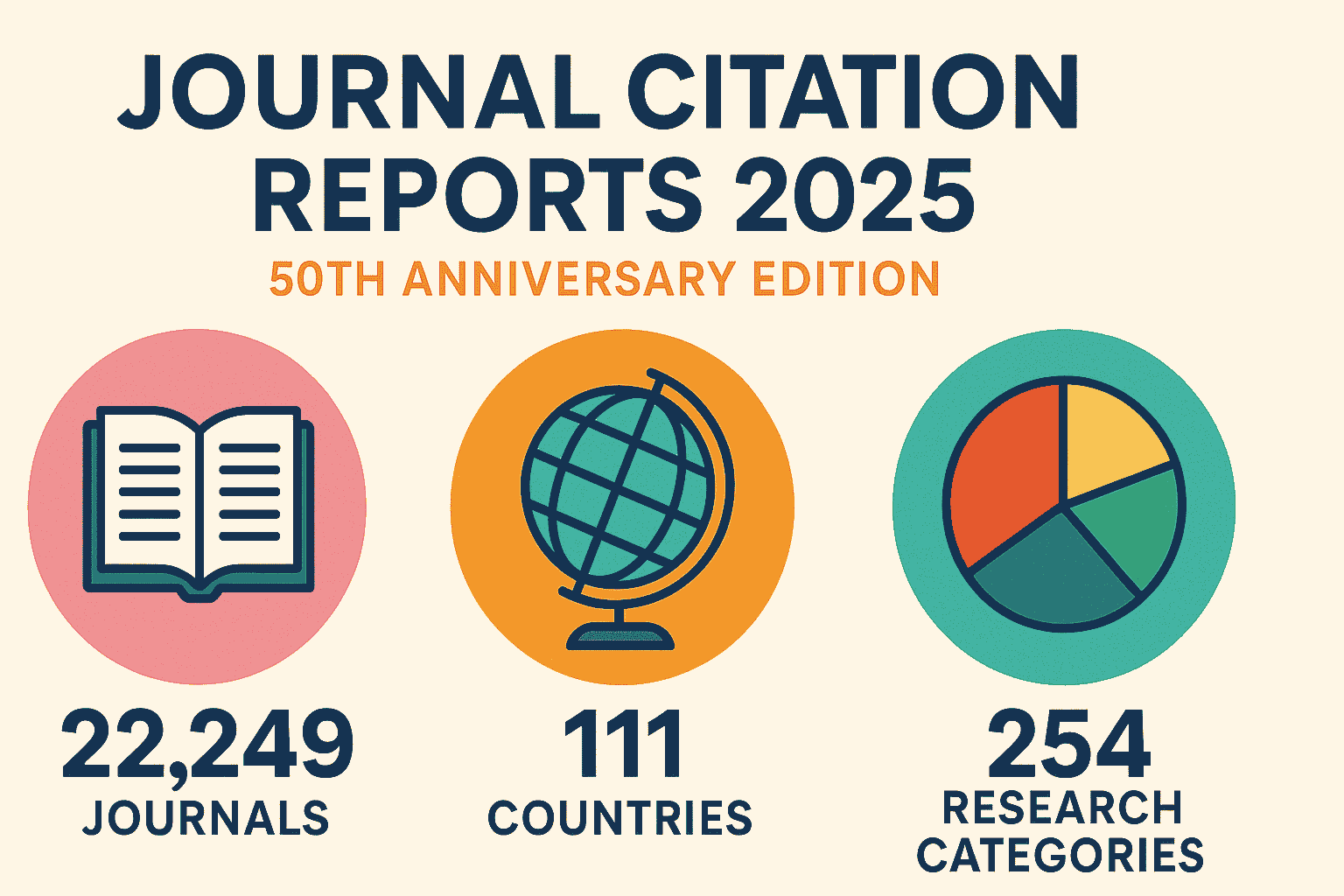Resistance to anti-PD-1 therapy is driven by CD30+ regulatory T cell activity Summary Resistance to anti-PD-1 immunotherapy, a common cancer treatment, is often linked to the suppressive activity of CD30-expressing regulatory T cells (Tregs). Read More
Tags :immunology
SIRPα blockade therapy potentiates immunotherapy by inhibiting PD-L1+ myeloid cells
SIRPα blockade therapy potentiates immunotherapy by inhibiting PD-L1+ myeloid cells in hepatocellular carcinoma Summary SIRPα blockade enhances immunotherapy effectiveness in hepatocellular carcinoma (HCC) by targeting a specific subset of myeloid cells. These myeloid cells, which Read More
Nature Immunology, Published online: 19 June 2025; doi:10.1038/s41590-025-02184-w The liver portal area has emerged as an important region controlling liver homeostasis and diseases. Tissue macrophages in this region exert immune homeostatic function by Read More
Nature Immunology, Published online: 27 June 2025; doi:10.1038/s41590-025-02177-9 CD8+ T cell exhaustion and dysfunction are features of a number of diseases associated with chronic antigen exposure and in some cases can be overcome Read More
Nature Immunology, Published online: 27 June 2025; doi:10.1038/s41590-025-02206-7 Ciofani and colleagues examine the plasticity of Tγδ17 cells in the gut, where they identify a role for the AP-1 transcription factors JUNB and FOSL2 Read More
Tumour-associated vasculature in T cell homing and immunity: opportunities for
Nature Reviews Immunology, Published online: 27 June 2025; doi:10.1038/s41577-025-01187-w The vasculature that forms in tumours and supports tumour growth is abnormal and limits T cell entry into tumours. Here, the authors review how Read More
The prostacyclin receptor PTGIR is a NRF2-dependent regulator of CD8+
The prostacyclin receptor PTGIR is a NRF2-dependent regulator of CD8+ T cell exhaustion Summary Research indicates that the prostacyclin receptor, PTGIR, plays a crucial role in regulating CD8+ T cell exhaustion, a state of Read More
Nature Immunology, Published online: 26 June 2025; doi:10.1038/s41590-025-02194-8 We show that mutations in the CSF1R gene, which cause the rare neurodegenerative disease ALSP, lead to the loss and abnormal activation of microglia. Read More
Nature Reviews Immunology, Published online: 13 June 2025; doi:10.1038/s41577-025-01192-z T cells have an essential role in immune responses to Mycobacterium tuberculosis, but the mechanisms by which they may provide protective immunity remain poorly Read More
Mutations in the human <i>CSF1R</i> gene impact microglia’s maintenance of
Nature Immunology, Published online: 26 June 2025; doi:10.1038/s41590-025-02195-7 Adult-onset leukoencephalopathy with axonal spheroids and pigmented glia is a neurodegenerative disorder caused by pathogenic CSF1R mutations. Here the authors find that microglial loss Read More








